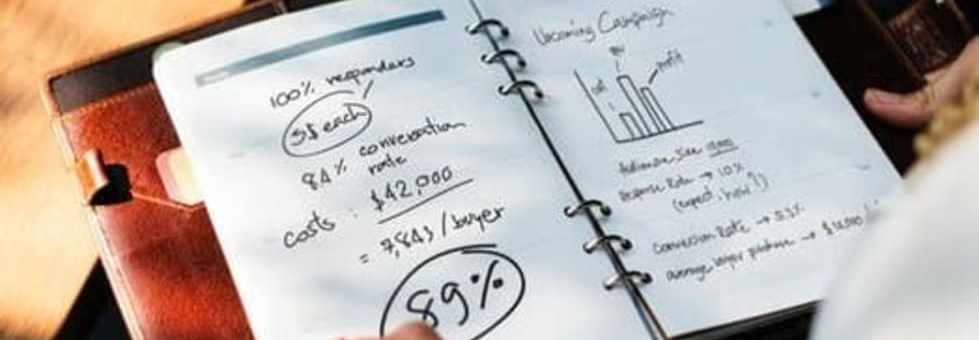Sulaiman did not think about bankruptcy, but he felt trapped in his financial situation. Sulaiman did not have health insurance because he could not afford it. While he was healthy, he had problems with his teeth. He had toothache and painful infections, which brought him to the emergency room several times. In the end, he raised RM1,500 in debt, and while the hospital set up the payment plans, he could not afford due to the minimum wages, so the accounts went into the collection.
Bad financial habits that keep you in debt
Debts are hard to fight but add bad financial habits to the mix and you will find yourself in an endless cycle of bad credit and debt. He discovered this fact after over-paying visits to personal cash loan lender. “It’s so easy to go to a place like instant cash loan provided by the bank and get whatever you want, whether you can afford it or not,” says Sulaiman. “Then there is the interest.”
Cash loans and cash advances from credit cards are one of the fastest ways to drain your bank account. The average lender tries to downplay the 10% for personal loan and 18% annual interest rate for credit card. These rates are considered high and hard to get out of debts, so imagine how much harder a loan is to repay.
Another bad financial habit that you will be in debt is pushing debt around. You may think you are keeping up to date with your debt being transferred to zero-fee credit cards, but you are not. “I was sucked into the loop of borrowing by one [lender] to pay the other,” says Sulaiman. “In the end, no banks even let me open an account.”
Here are some other bad financial habits that you will get into debt:
- Missed payments: Missing payments, especially on credit cards and loans, will put your budget on hold and affect your credit score.
- Spending more than you earn: We live in a “keep up with the Joneses” world, which makes it difficult to live under your means.
- Wasting money for other habits: If you buy a coffee or lunch every day, it all adds up and you feel like you do not have enough money in your budget.
- I’d like a higher paycheck: do you think a bigger paycheck will solve your problems? Think again. You must approach your spending and budgeting habits to change your financial situation. If you earn more, you just take your bad spending habits with you.
How to return from bad credit
It is never too late to repair your credit, even if your credit score is low. “About four years ago, I was tired of not being attractive to lenders,” says Sulaiman. “Every time they check my name, they would come back with a no! I had to do something. “Sulaiman signed up for JagaMyID by Experian as he began to research how he could improve his credit rating. “I like the way it gives you an overview of what you look like for lenders,”
Learn more about how JagaMyID can protect your credit health
Sign up nowSulaiman’s credit profile was hard to see. He had several derogatory brands, accounts in collections and a score just under 500.
One of the best ways to improve a bad credit score is to use a credit card safely. It may seem reasonable to apply for a credit card if your score is bad and you are in debt. However, secured cards are especially for people who have bad credit or no credit. Usually, your line of credit is the amount of money you lie down. So, if you down RM2,000, your credit line will be RM2,000 even though you still have to pay off your credit card debt each month to improve your score.
Sulaiman was approved for a secured card and used this card responsibly. After six months of on-time payments, his credit card limit rose to RM5,000. He then applied for low-value cards and continued his routine of paying off the cards while paying off his old debts. He worked on his loan for three years and is now debt-free with a very good credit rating. He was even approved in January 2018 for a Rm130,000 loan. “Can you imagine that?” says Sulaiman. “To be turned down from borrowing RM500 a few years ago to be approved for RM130,000 loan?”
Sulaiman’s credit score recovery was no coincidence. He has a personal development plan, an action plan based on awareness, values, reflection, purpose, and personal development planning. This allowed him to share and conquer parts of his life he wanted to improve.
He started paying down debts and started getting an education online. At the same time, he worked two jobs to accelerate debt repayment. He made self-assessments along the wat to track and measure his progress.
Sulaiman encourages others to pay their debts and be smart about money. “You need to know when to say,” I cannot afford it now, “and if you’re in debt, pay in time. You have to be accountable and you have to be honest with yourself because at the end of the day, your credit report defines you (in terms of borrowing) and proves your ability to pay a debt when the opportunity is given.”
